Comprehensive Guide to New Zealand Boating Rules
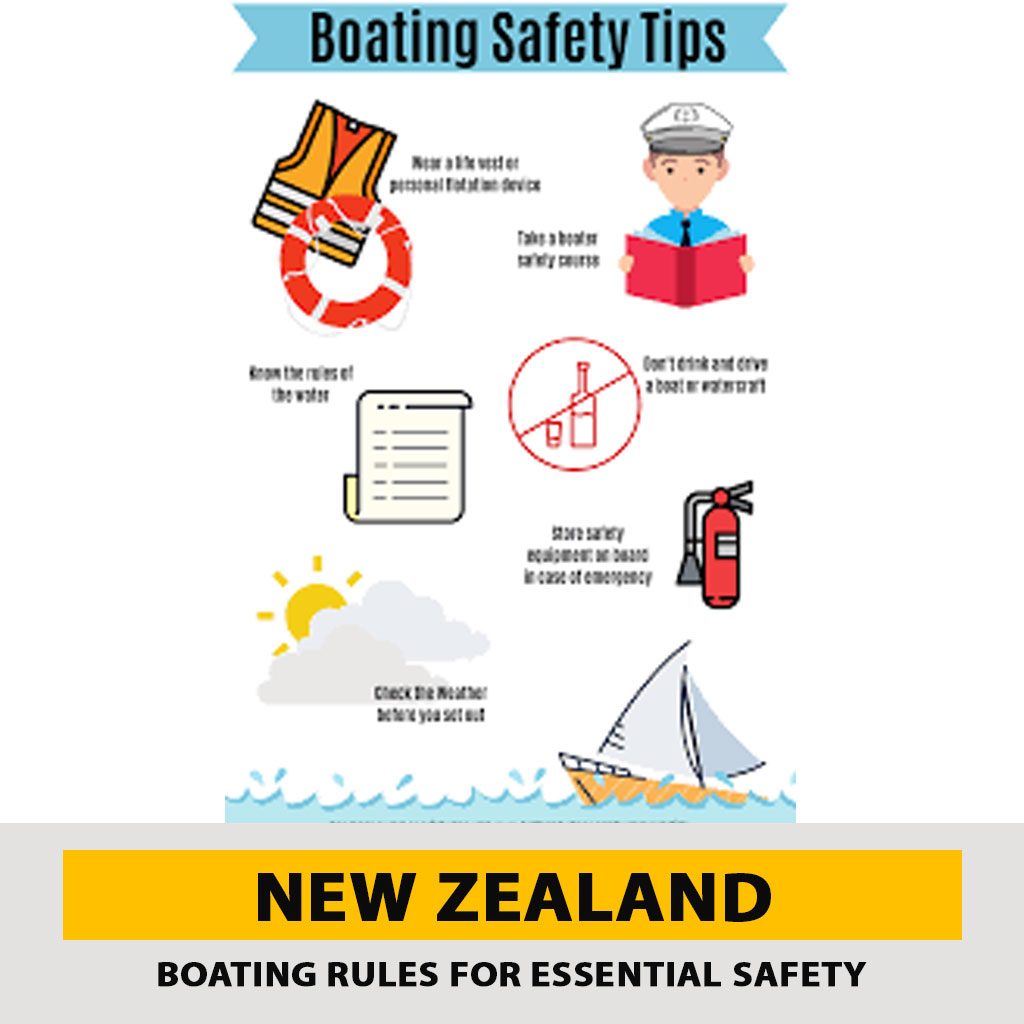
Boating in New Zealand offers a fantastic way to explore the country’s stunning coastline, lakes, and rivers. However, to ensure the safety of everyone on the water, it’s crucial to understand and follow the New Zealand boating rules. This guide will walk you through the essential regulations, safety tips, and best practices for a safe and enjoyable boating experience.
Introduction to New Zealand Boating Rules
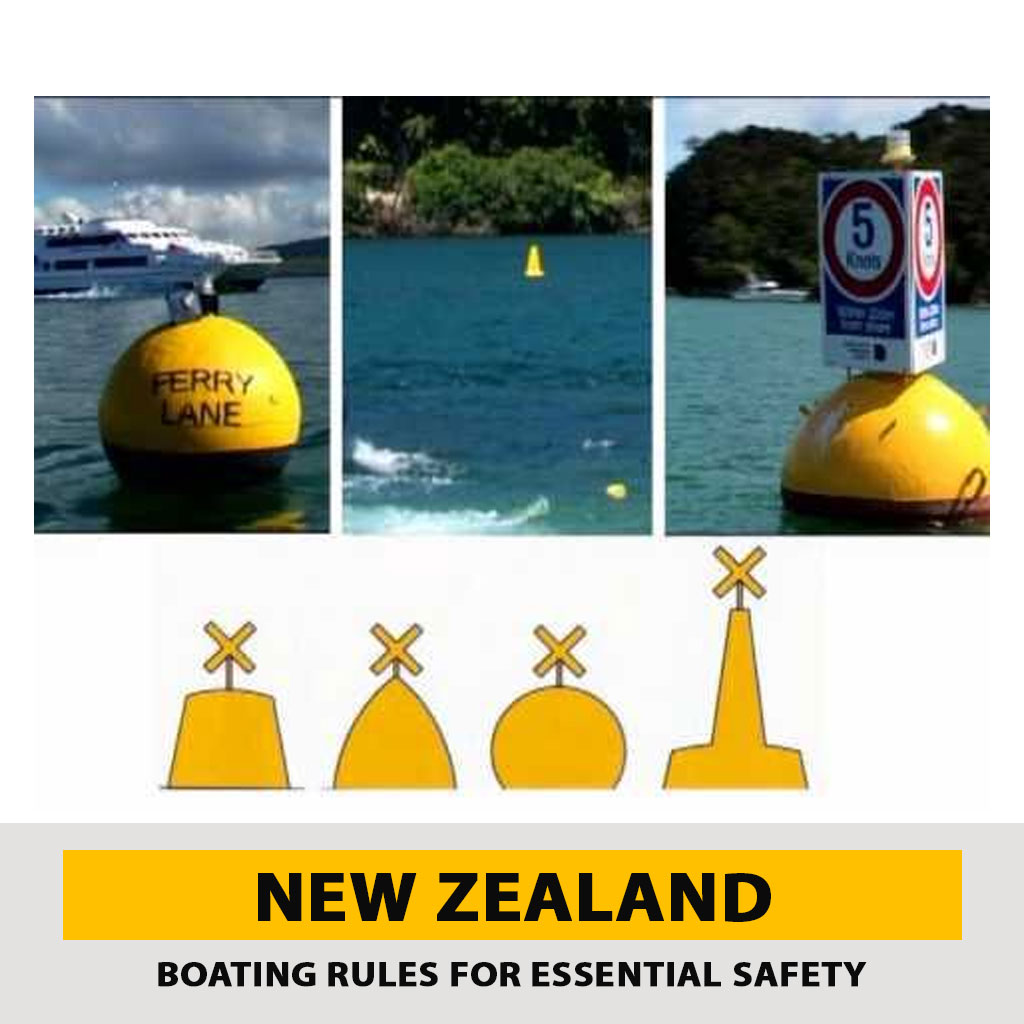
Why Boating Rules Matter
New Zealand boating rules are designed to keep everyone safe on the water. Whether you’re an experienced sailor or a first-time boater, adhering to these rules helps prevent accidents and ensures a smooth boating experience. The rules cover everything from safety equipment and speed limits to navigation and environmental protection.
Regulatory Authorities
The primary authority overseeing boating regulations in New Zealand is Maritime New Zealand. This organization is responsible for setting and enforcing the rules to ensure maritime safety, security, and environmental protection.
Key Boating Rules in New Zealand
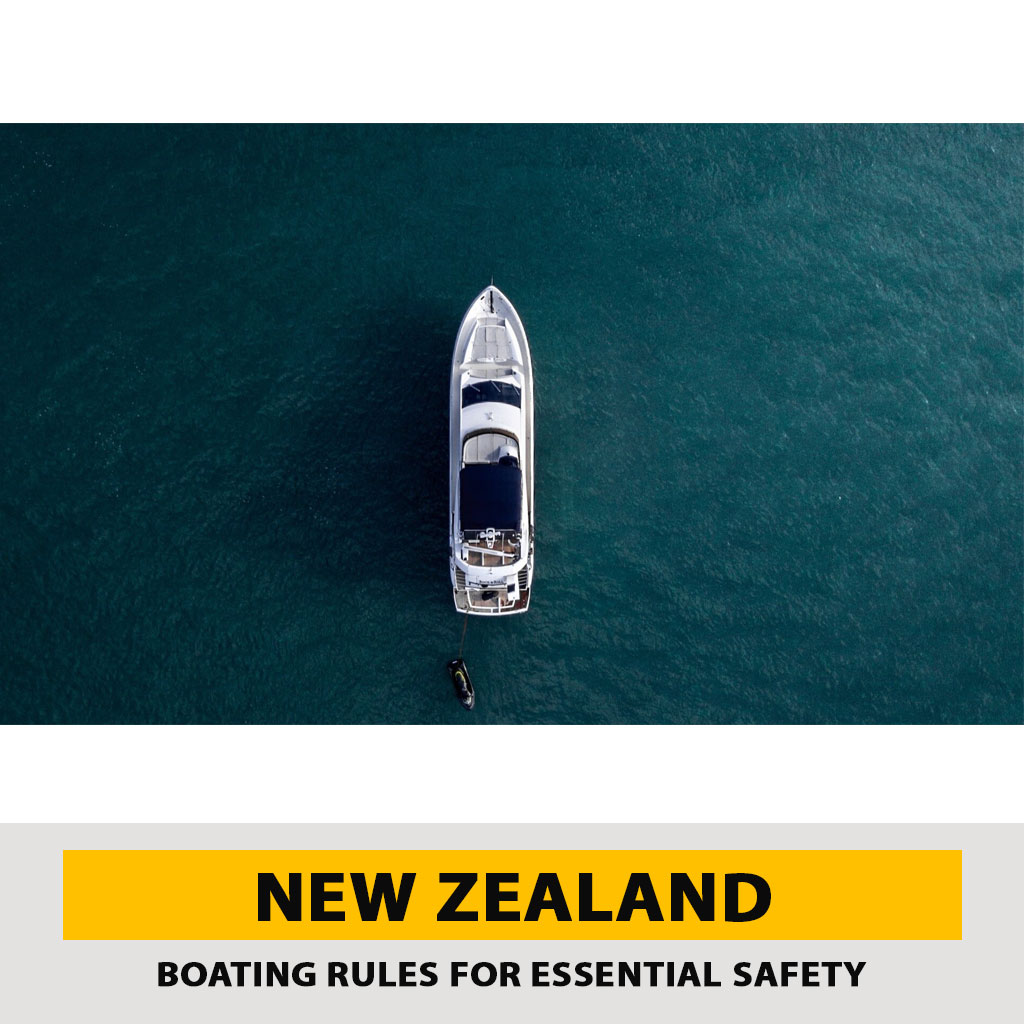
Rule 1: Carrying the Right Safety Equipment
Every boat must be equipped with the appropriate safety gear. This includes:
- Life Jackets: One for each person on board. These must be worn at all times on boats under 6 meters and during risky conditions on larger boats.
- Fire Extinguishers: Necessary for boats with inboard engines, gas appliances, or fuel systems.
- First Aid Kit: Essential for treating minor injuries.
- Flares: For signaling in an emergency.
- VHF Marine Radio: For communication, especially in remote areas.
Rule 2: Speed Limits
Speed limits are in place to ensure safety, particularly near populated areas. Key limits include:
- 5 Knots: Within 200 meters of the shore, a dive flag, or a boat displaying a diver’s flag.
- 5 Knots: Within 50 meters of another vessel or swimmer.
Rule 3: Navigation Rules
New Zealand boating rules include navigation protocols to prevent collisions:
- Keep Right: Just like on the road, keep to the right side of channels and waterways.
- Give Way: Powerboats must give way to sailboats and boats being overtaken have the right of way.
- Navigation Lights: Ensure your boat is equipped with functioning navigation lights for visibility at night or during poor visibility conditions.
Rule 4: Alcohol and Drug Regulations
Operating a boat under the influence of alcohol or drugs is illegal and dangerous. The legal blood alcohol limit for boat operators is the same as for driving a car.
Rule 5: Environmental Protection
Respecting the environment is a crucial part of New Zealand boating rules:
- No Littering: Dispose of all waste properly onshore.
- Oil Spills: Prevent oil spills by maintaining your boat and handling fuel carefully.
- Wildlife Protection: Keep a safe distance from marine wildlife and avoid disturbing their natural habitat.
Step-by-Step Guide to Safe Boating
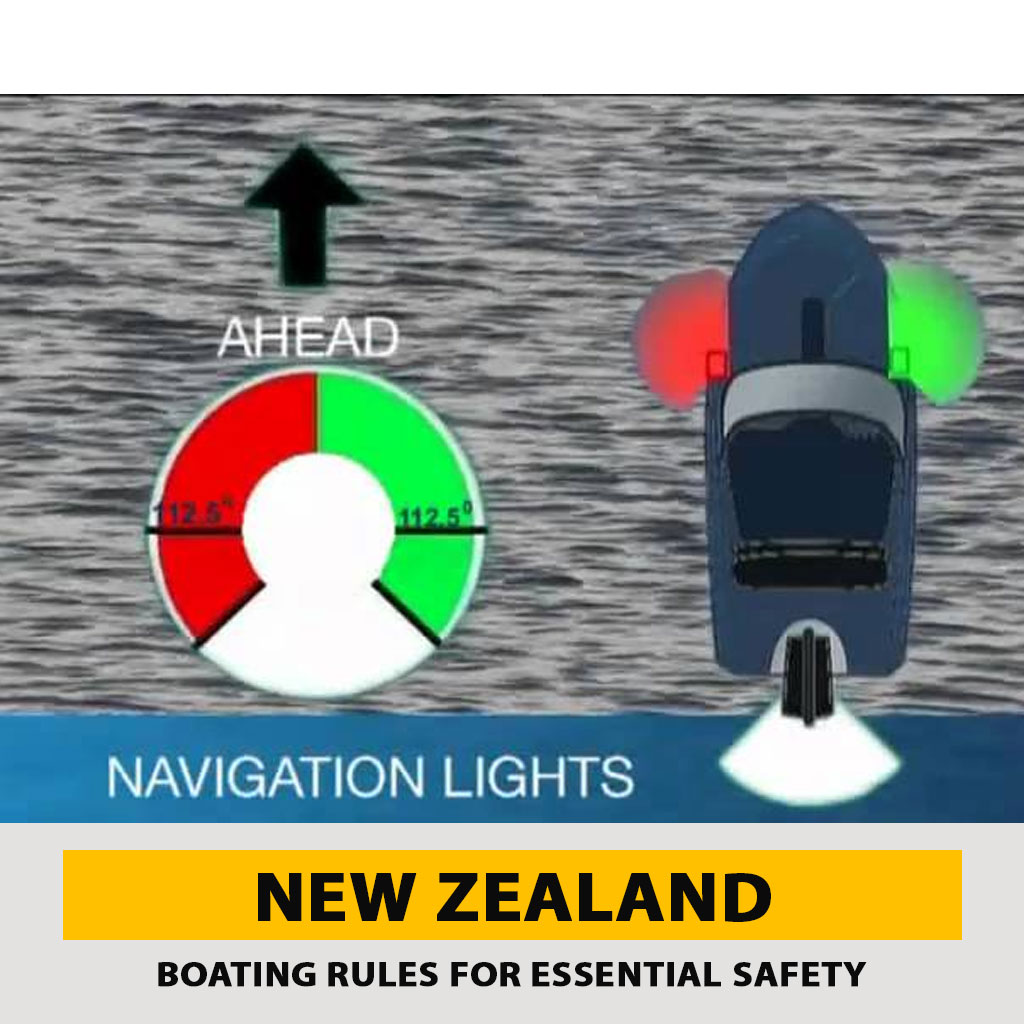
Step 1: Prepare Before You Go
Before setting off, ensure your boat is in good working condition. Check the engine, fuel, and safety equipment. Make a trip plan and share it with someone onshore, detailing your route and expected return time.
Step 2: Understand Weather Conditions
Always check the weather forecast before heading out. New Zealand’s weather can change rapidly, and being caught in a storm can be dangerous. Websites like MetService provide up-to-date marine forecasts.
Step 3: Follow Boating Rules
Adhere to all New Zealand boating rules during your trip. Wear life jackets, stick to speed limits, and follow navigation protocols. If you’re unsure about any rule, refer to resources from Maritime New Zealand.
Step 4: Practice Safe Boating
Keep a constant lookout for other boats, swimmers, and obstacles. Maintain a safe speed, particularly in crowded areas or near the shore. Use your VHF marine radio to communicate with other boaters and emergency services if needed.
Step 5: Emergency Preparedness
Know what to do in an emergency. If someone falls overboard, immediately stop the boat and assist them. Use your flares and radio to signal for help if you’re in distress.
Real-Life Anecdotes: Learning from Experience
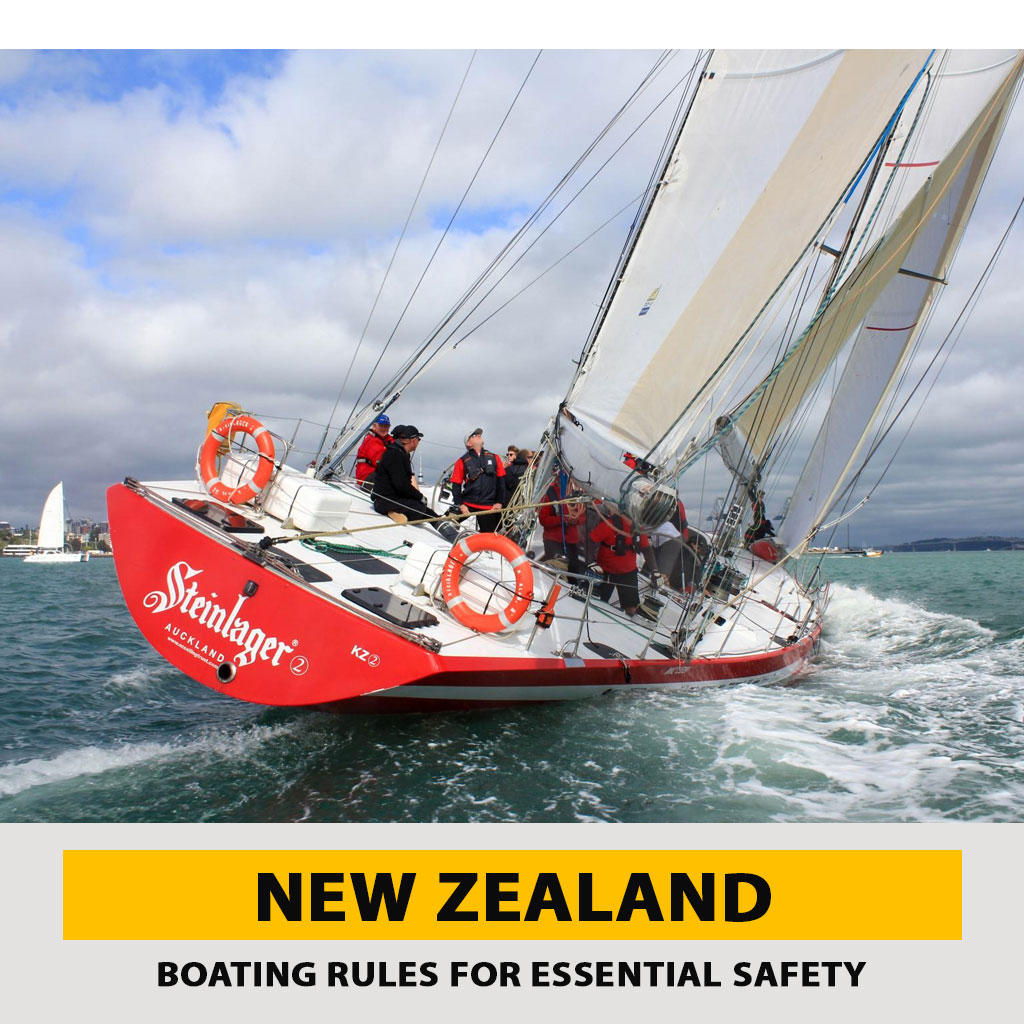
The Prepared Boater
Tom, an avid boater, always adhered to New Zealand boating rules. One summer day, while out on his boat with friends, a sudden storm hit.
Thanks to his preparation and knowledge of safety protocols, Tom was able to navigate back to shore safely.
His boat was equipped with all necessary safety gear, and his VHF marine radio allowed him to communicate with the coast guard for guidance.
Tom’s experience highlights the importance of being prepared and following boating rules.
The Unprepared Boater
In contrast, Sarah had a less fortunate experience. She went out on her boat without checking the weather forecast or informing anyone of her plans. Her boat was not adequately equipped with safety gear. When she encountered engine trouble far from shore, she had no way to signal for help. Fortunately, a passing boat spotted her and provided assistance, but the incident underscored the risks of not adhering to New Zealand boating rules.
FAQs About New Zealand Boating Rules
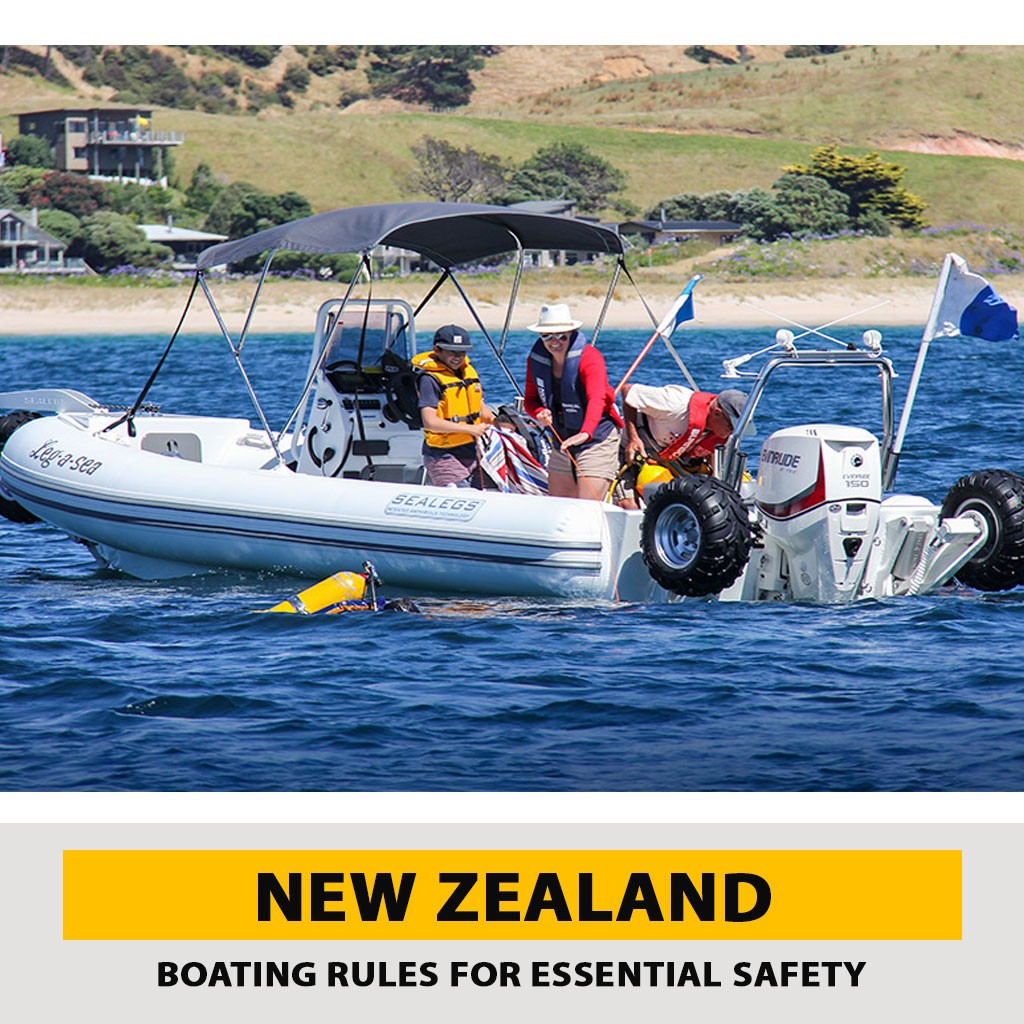
Q1: Do I need a license to operate a boat in New Zealand?
No, a boating license is not required for recreational boating in New Zealand. However, it is strongly recommended to take a boating safety course to learn the necessary skills and knowledge.
Q2: What should I do if I encounter bad weather while boating?
If you encounter bad weather, reduce your speed and head to the nearest safe harbor. Use your VHF marine radio to communicate with other boats and the coast guard for assistance.
Q3: Are there specific rules for jet skis and personal watercraft?
Yes, jet skis and personal watercraft must adhere to the same safety rules as boats, including wearing life jackets, obeying speed limits, and following navigation protocols.
Q4: Can I fish from my boat?
Yes, recreational fishing is allowed from boats. Ensure you have the appropriate fishing license and follow all local fishing regulations.
Q5: How can I report a boating accident?
In case of a boating accident, report it to Maritime New Zealand as soon as possible. Provide details about the incident, including the location, time, and any injuries sustained.
Conclusion: Embrace Safe Boating in New Zealand
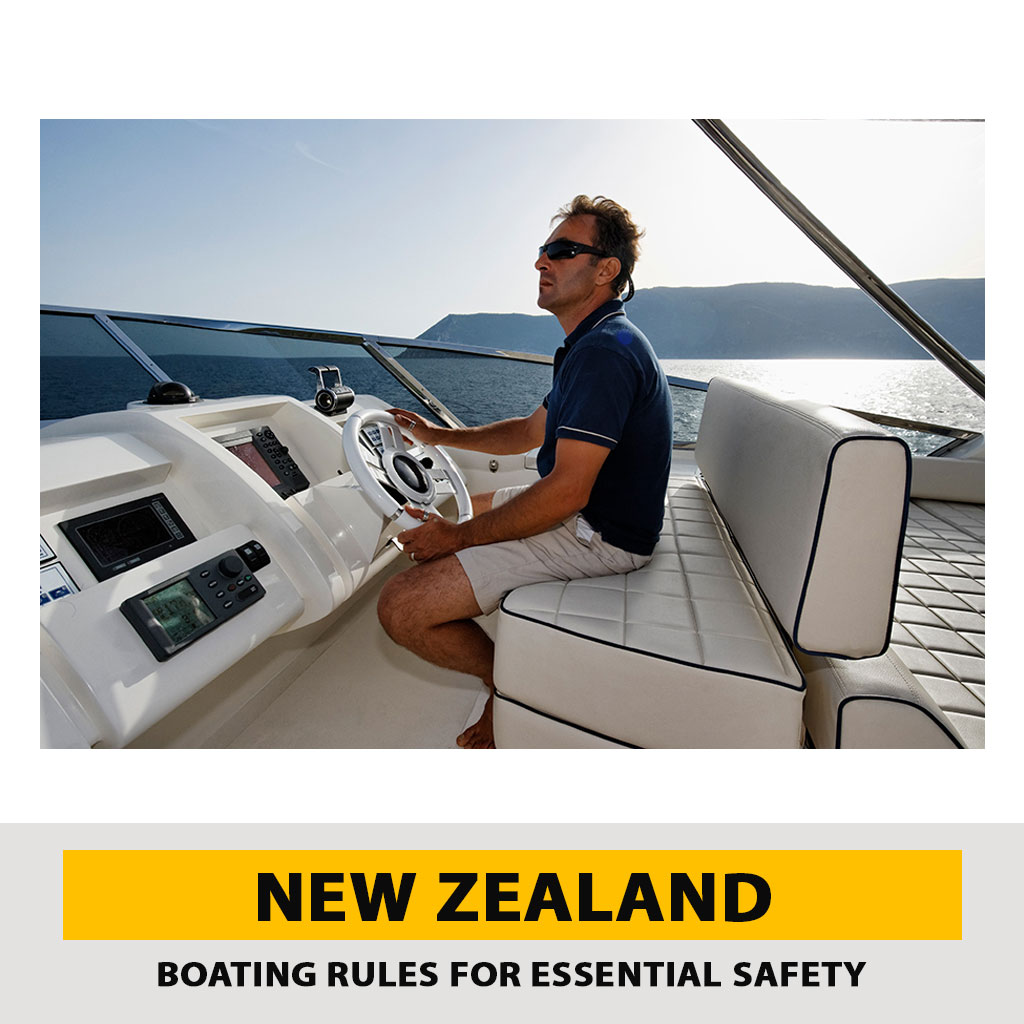
Boating is a popular and enjoyable activity in New Zealand, but it comes with responsibilities. By understanding and following New Zealand boating rules, you can ensure your safety and the safety of others on the water.
Always be prepared, respect the environment, and stay informed about the latest regulations.
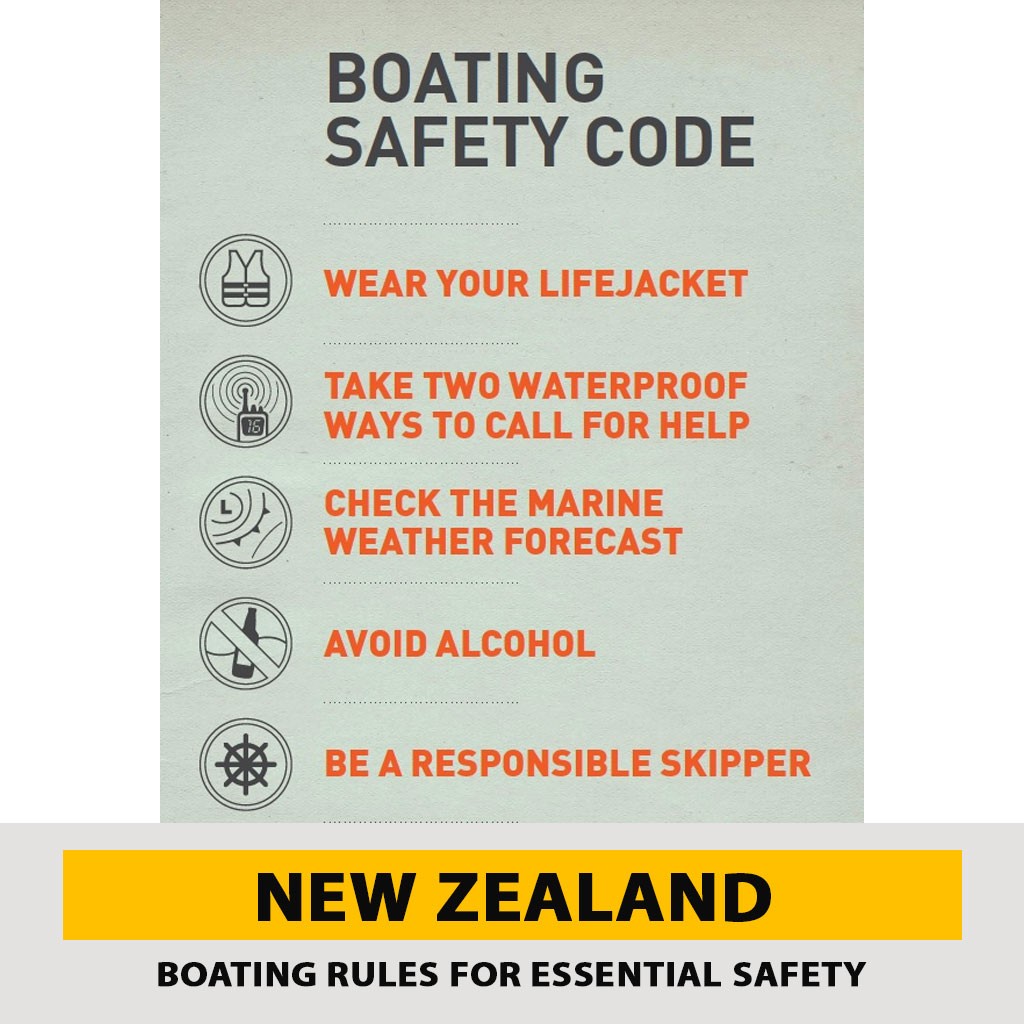
With the right knowledge and equipment, you can have a safe and memorable boating experience.
Equip yourself with the necessary safety gear, stay informed, and enjoy the beauty of New Zealand’s waterways with confidence. Happy boating!


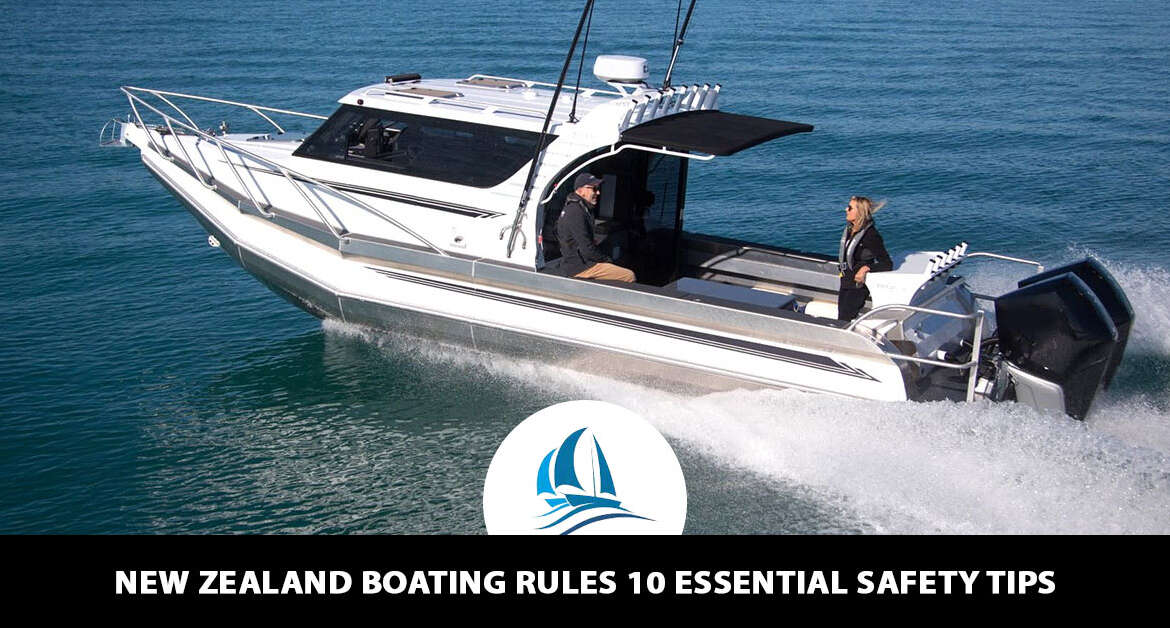
Leave a reply